Iron oxide, otherwise known as rust, can be unsightly and if not controlled can even cause irreversible damage.
Do you have any tools that have become rusty? Or perhaps a metal fence? Maybe your patio tiles have rust marks left behind from rusting garden furniture? Well, you will be happy to learn that there are in fact various ways in which you can remove it.
What is rust & how does it occur?
Rust is simply a chemical reaction that forms on iron when exposed to water and oxygen. It is red-ish brown and coarse in texture. This is a type of corrosion and when given enough time and the right environment, will convert any iron object to rust and completely disintegrate.
If something has become rusty, it does not necessarily mean that you can now no longer use it or that it needs replacing. Some forms of removal can be time-consuming and perhaps a little bit of hard work is involved, but most rust can be removed – or at least improved upon.
We have found 6 of the most common ways of removing rust and today we are going to explain how each of them works and what surface they are better suited for. Some do sound rather odd, but it is about finding the right chemical to counteract the rusting process!
Top 6 ways of removing rust
- White Vinegar
- Lemon/Lime & Salt
- Baking Soda
- Potato & Dish Soap
- Citric Acid
- Rust Removing Chemicals
Now we realise that some of these sound very odd, but there is a reason each of them works. Read on to understand which will work for your particular needs!
White Vinegar
White vinegar is a product that seems to be in almost every home and can be used for such a wide amount of things! – Now including rust removal!
You are best off using this method of rust removal on surfaces that can be submerged and have a significant amount of rust, such as a tool.
The reason it is effective at removing rust is simply because it reacts with the rust causing it to dissolve. All you need to do is place the object in a bath of white vinegar, leave it to work for a few hours, then wipe the paste that has appeared off. Once it has been removed, give it a rinse and dry thoroughly.
If you have something with a large amount of rust but it cannot be submerged, you can always just pour the white vinegar over the surface. Then, leave it to work just as mentioned before.
Depending on the surface you are working with, you can even try and use steel wool or a wire brush to help assist in the removal of the rust.
It is also safe to repeat this type of removal if necessary.
Lime/Lemon & Salt
Using lemon or lime and salt is also very efficient at removing rust and is also cost-effective.
This is a great way of removing very minor rust and is perfect for using on cutlery, for example, as the products are all-natural.
Simply cover the surface that needs to be treated in a layer of salt. Next, squeeze your choice of fruit over the layer of salt. You should use a generous amount of salt as well as citrus juice and leave it to work for 2-4 hours.
Once it has sat for an adequate amount of time, simply scrub it off. You can use the rinds leftover from the fruits to help remove as much rust and product as possible. If the rust needs a little bit more help coming off, you can always opt to use a little steel wool or wire brush.
Lastly, rinse away the last of the mix with soapy water and dry thoroughly.
Due to the natural ingredients used, it is safe to repeat this process if you need to.
Baking Soda
Baking soda is another product that is a bit of a staple in most homes and what’s better is that it can also be used to remove rust!
The baking soda method is ideally used on thinner metals that have minor rusting.
To start, you need to make a thick paste. Do this by adding small amounts of water and stirring it into the powder. You want it to be very thick as if it is too thin it will not work as well.
Apply this paste thickly and evenly on the surface you wish to treat and then leave it for 1-2 hours. Once it has been left to work its magic, use a wire brush or some steel wool to help scrub off the paste and any loose rust.
This is another safe way to remove rust and can also be repeated. However, if after a few applications you find that no more rust is being removed with the paste, you should try another method.
Once this is all done and you are satisfied with the result, wash with soapy water and thoroughly dry.
Potato & Dish Soap
Remember when we mentioned there are a few weird ones? Well, this is probably the weirdest! But we promise it makes sense!
Potatoes actually contain a compound named ‘oxalic acid’ which is amazing at cleaning and even at removing light rusting!
All you need to do to take advantage of this fantastic rust remover is to cut a spud in half and then place them cut side down into a dish of soap. Leave it alone for a few mins to allow the soap to work up into the potato.
Once it has soaked up enough of the soap, just place the potato soapy side down onto the surface in which you wish to treat. Leave it there for about 1-2 hours to give it time for the chemical reaction to take place.
After this time, use the potato to scrub the surface, or use wire wool or a wire brush if the rust is persistent. Once you are happy, rinse the surface with soapy water and dry thoroughly.
Fun fact; chives and parsley actually contain more oxalic acid than potatoes, but obviously, they are a lot more difficult to utilise!
Citric Acid
Citric acid is another one of those products that are in most homes that is very effective at removing rust!
This method works better on areas that have a more severe type of rust and especially so on items that can easily be submerged.
This method is harsher than others we have mentioned, and as such we do not recommend using it on painted surfaces or those with other coatings as it can remove or lift them.
Simply make a bath of a few inches of hot water and add 2-3 tablespoons into it. Add your item to the mixture, completely submerging if possible, and leave it for several hours (it is safe enough to be left overnight if needs be).
After a sufficient amount of time, remove the item from the bath and scrub away the loose rust with a wire brush or steel wool. Then simply rinse and dry thoroughly.
Rust Removing Chemicals
The final method of rust removal is to use chemicals. Some are extremely powerful and a lot of care and consideration should be taken into account before using them.
If possible, we would highly recommend trying to use at least one of the previously mentioned ways to remove rust before using chemicals.
One of the most commonly used chemical rust removers is one called ‘phosphoric acid’. Application of this acid to rust creates a chemical reaction which converts it into a water-soluble compound that can simply be removed from the surface quickly.
Although phosphoric acid is very quick and effective, you should be aware that it is very toxic. If this is a method you want to use, please make sure you follow all the recommended application and safety instructions.
At the very least we suggest you use gloves, a mask, goggles, closed-toed shoes, a long-sleeved t-shirt and full-length trousers when handling a chemical like this.
Removing rust from your patio
If you have rust on your garden patio, why not try giving Net-Trol a go? We have had various customers report back to us of their success stories with using Net-Trol on their tiles.
Net-Trol is a multi-surface water-based cleaner and brightener. It can be used on wood, stone, cement, plastic and more to bring back the original colour and brightness. As it’s water-based and contains no bleach or chlorine it is safe to use in your garden.
Once you have removed the rust you will most likely want to atop it from reoccurring!
Have you planned on painting your newly restored surface with an opaque finish? If so, why not consider Owatrol AP60 primer?
Prime with Owatrol AP60
Owatrol AP60 is a rust-inhibiting primer that contains rust inhibiting Owatrol Oil. Owatrol Oil stabilises the metal by penetrating deep into the surface, driving out moisture or air. This stops rust from being able to form.
Quick and easy to apply, AP60 can be applied to new and rusted surfaces inside and out. It has unrivalled adhesion qualities and can even be applied to new, clean steel.
AP60 is perfect to use to prime before application of 2-pack paints. This is due to the fact that it will not falter when high solvents are applied to it.
We hope you found this post helpful. If you have any other tips, tricks or advice, please feel free to leave them in the comments section below.
To keep up to date with all things Owatrol, why not follow us on our social media pages? You can find us on Facebook and Instagram @owatrolireland or at the hashtag #owatrolireland



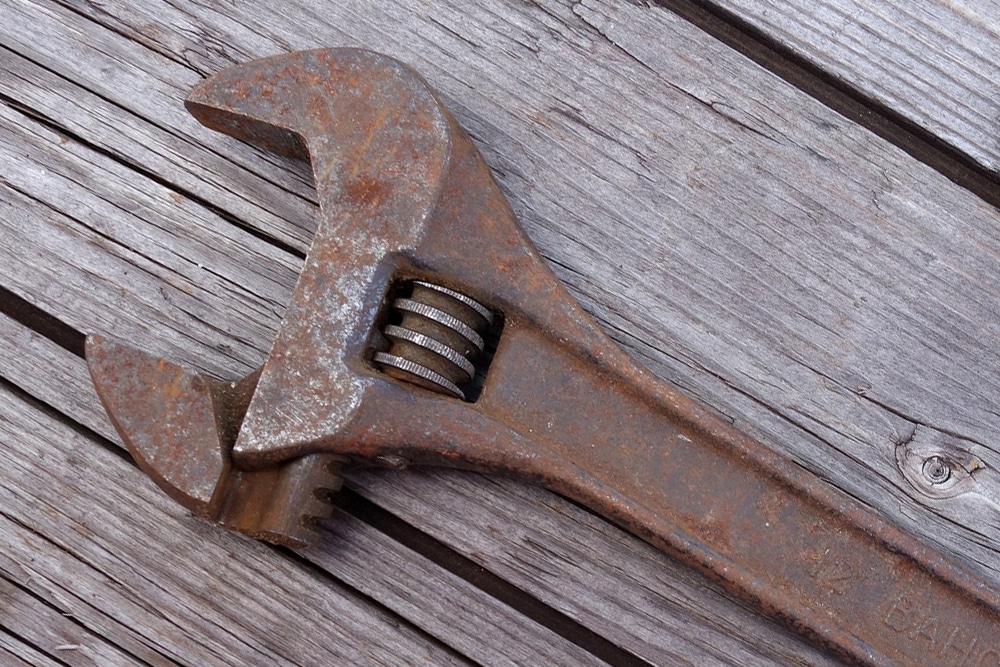
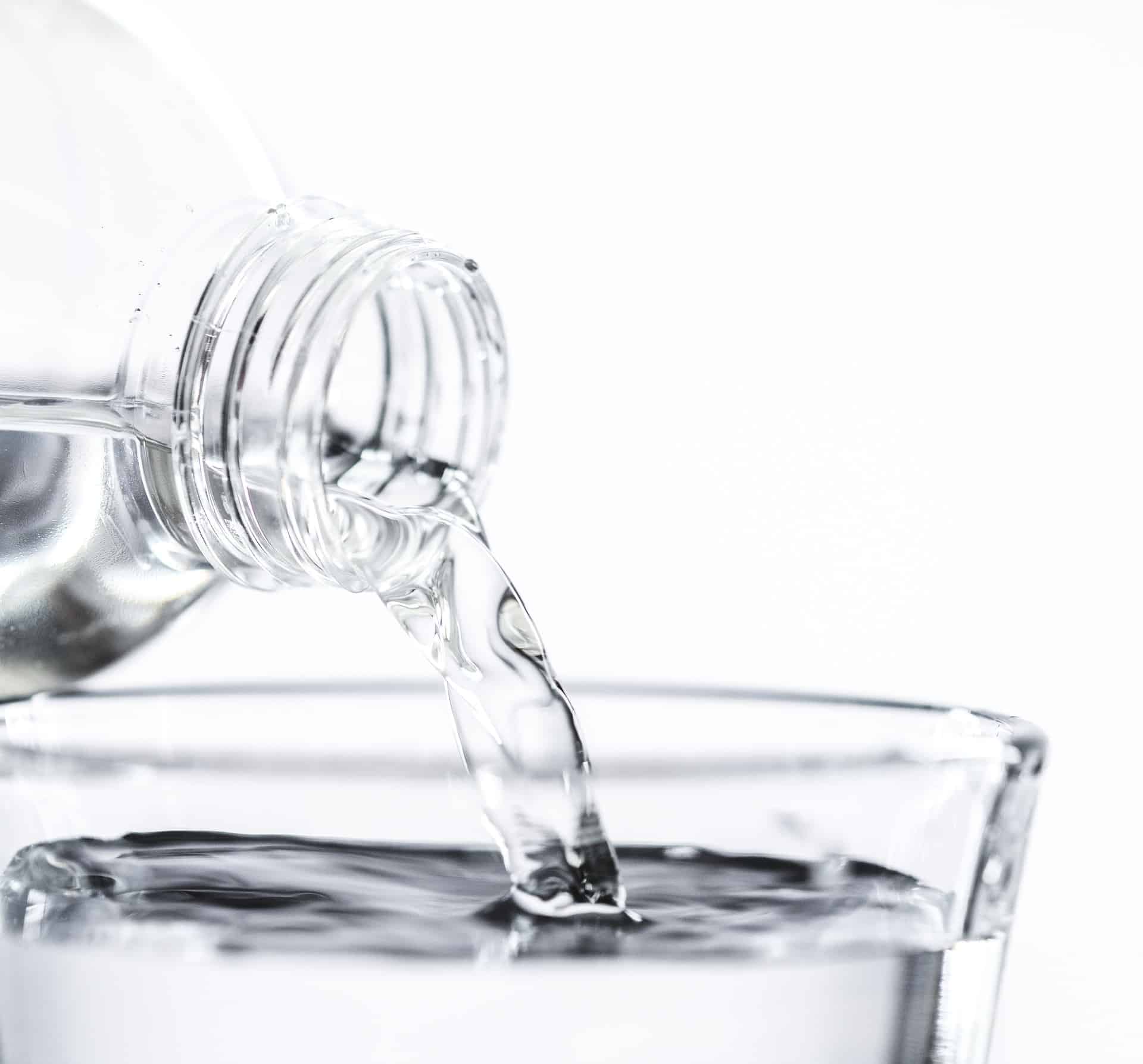
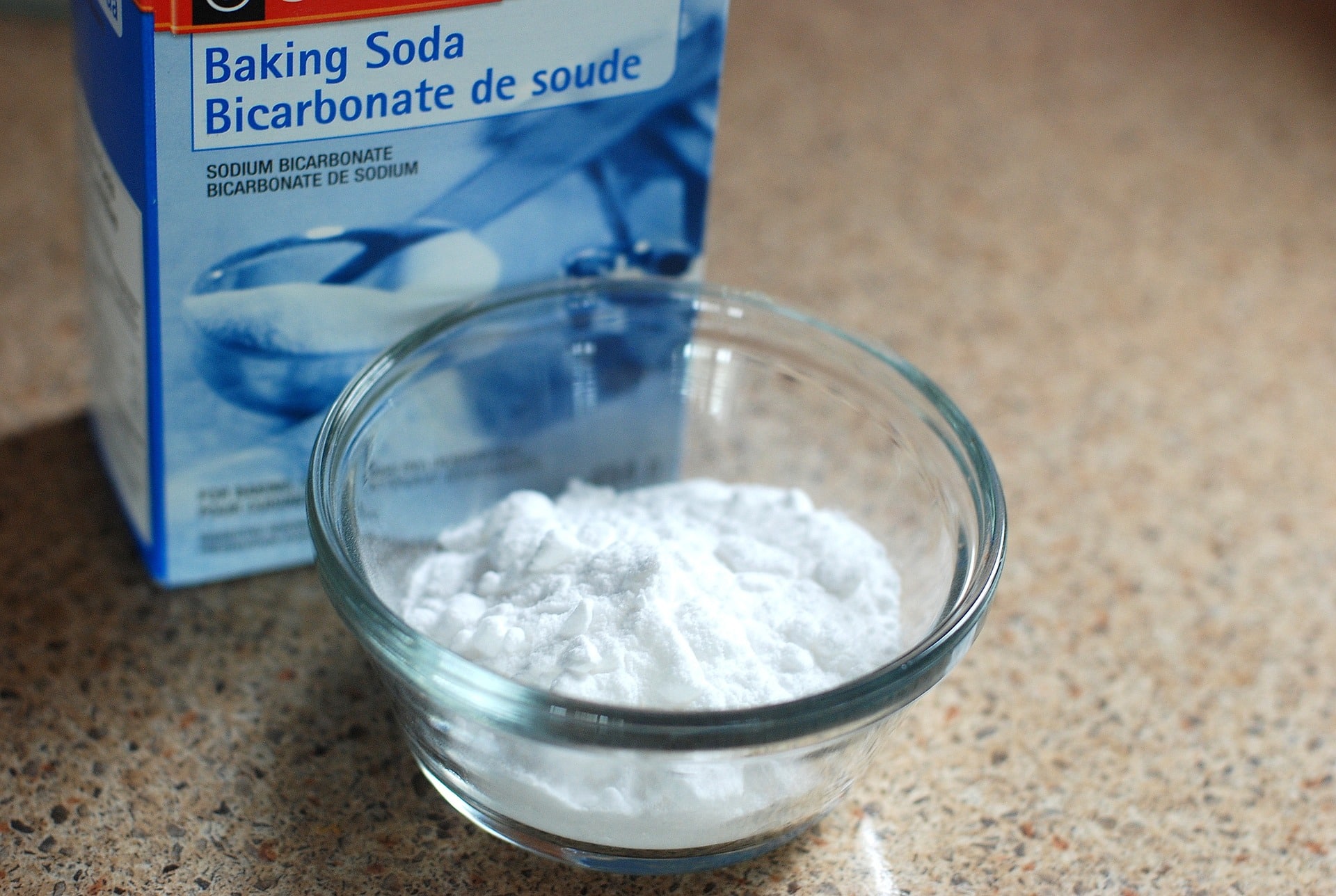
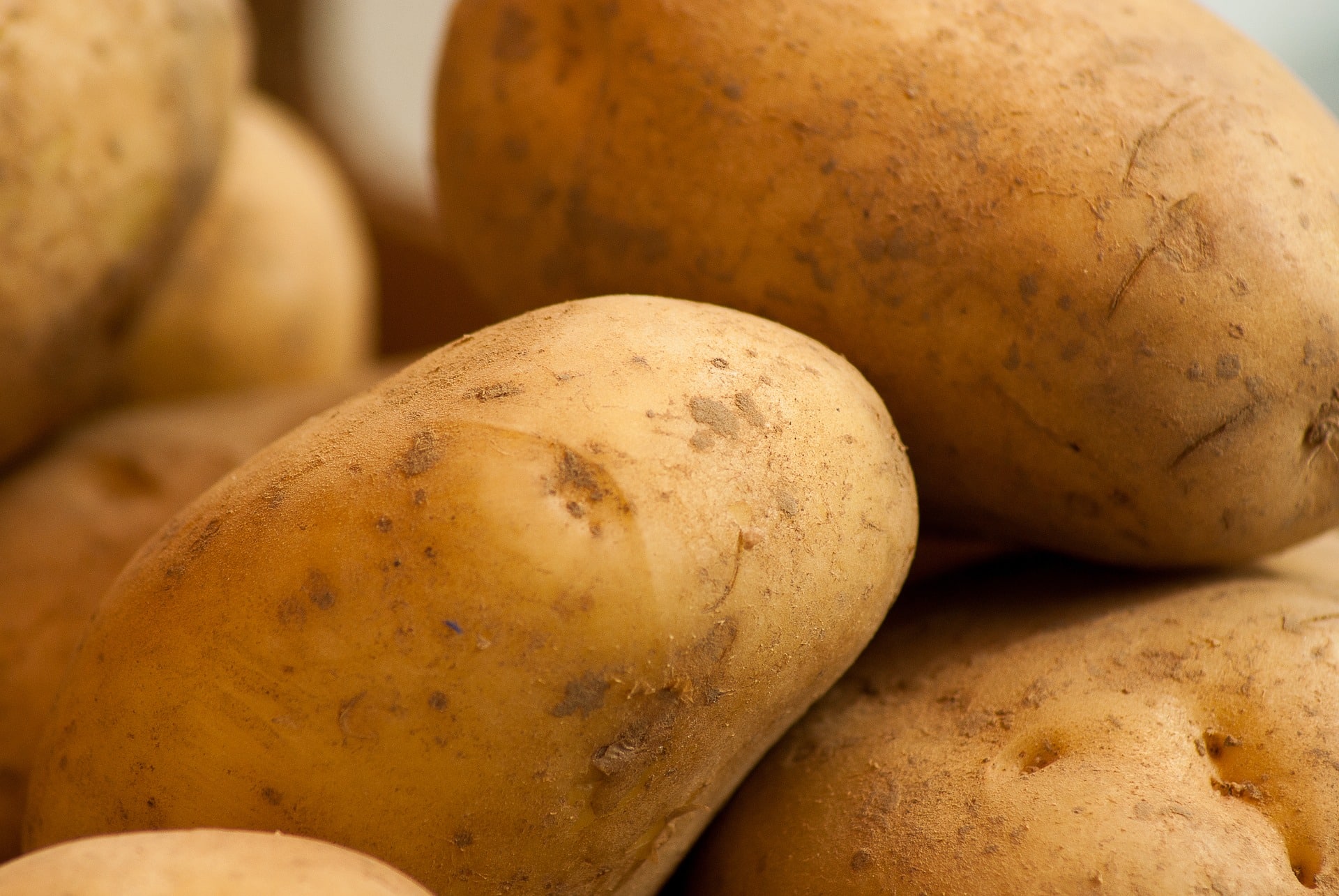
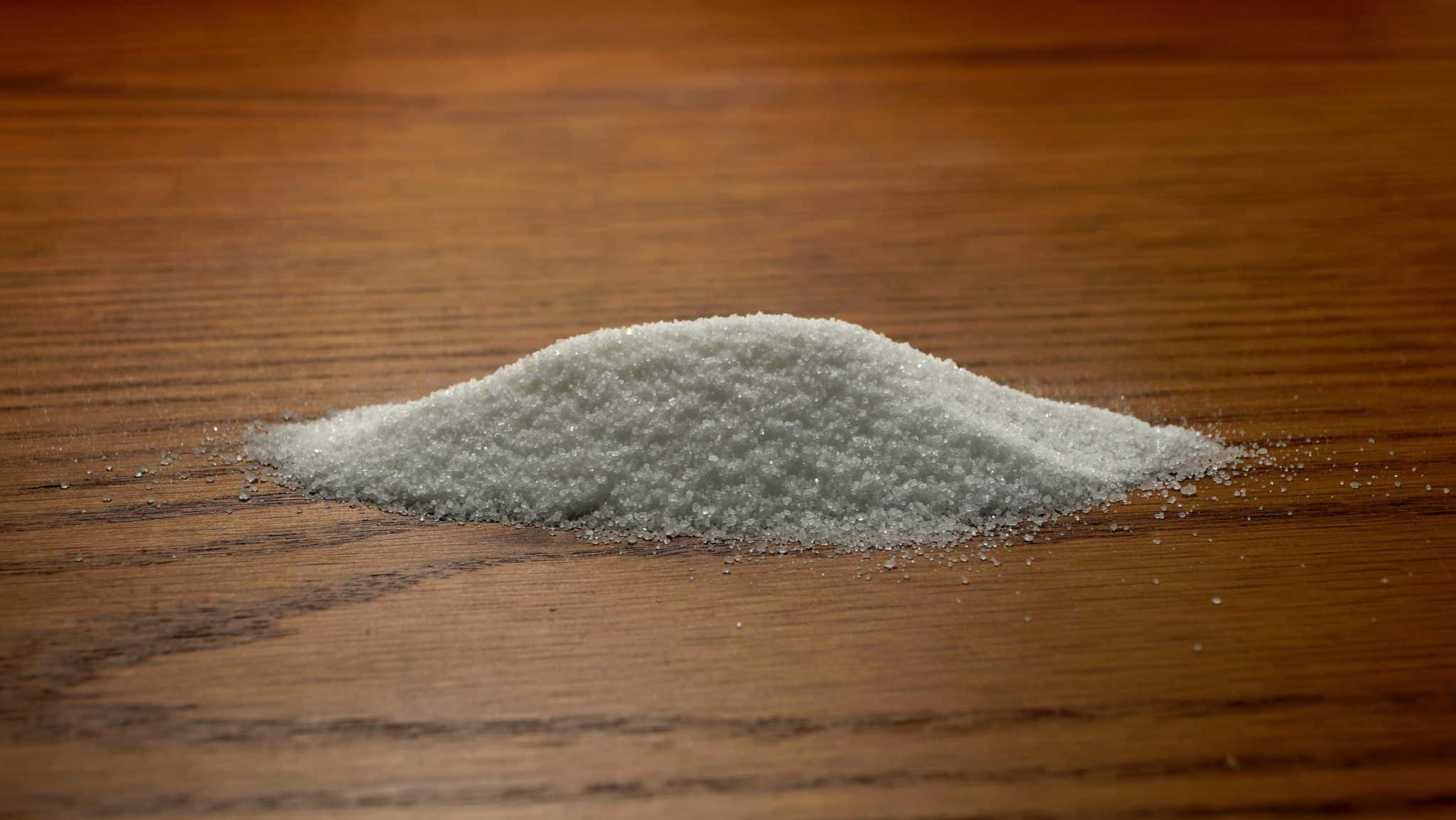

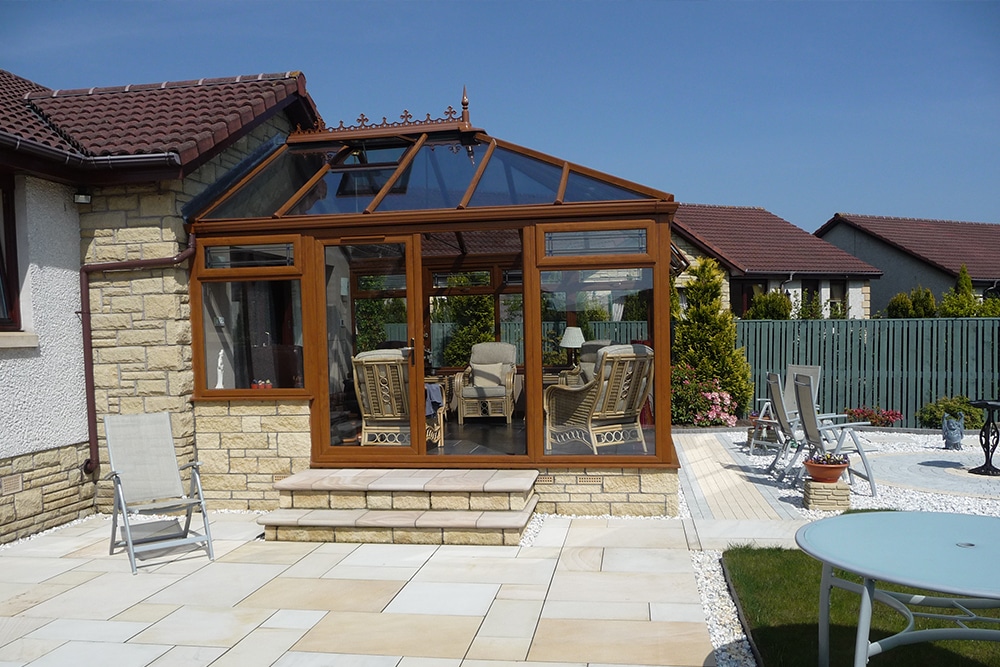
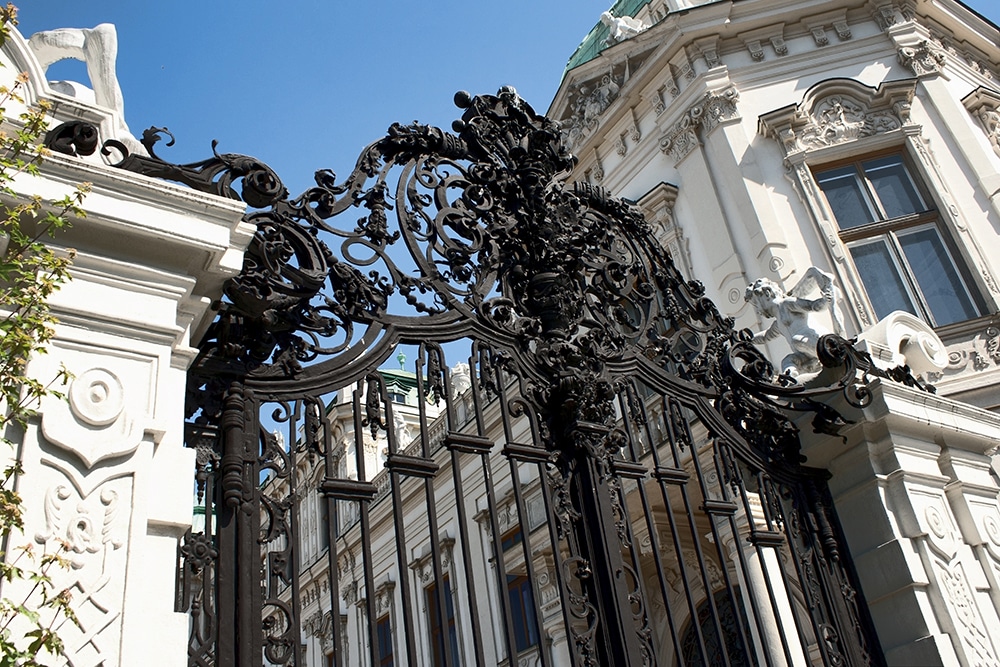
hi . have 15 chrome drum kit rims that have surface rust. best way to clean tks mike
Hi there Mike,
If applied with an abrasive pad or wire wool, Polytrol will have some positive effect at removing surface rust from chrome: https://www.owatrol.ie/product/polytrol/
I hope this was helpful – feel free to give us a call: +353 1 830 2250 or email us at: info@igoe.ie for a faster reply.
All the best,
The Owatrol IE Team